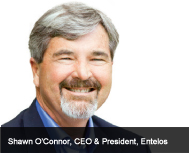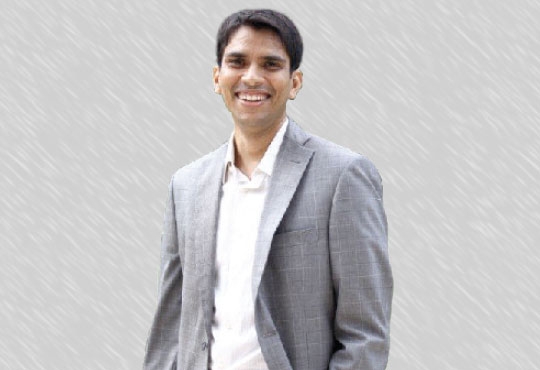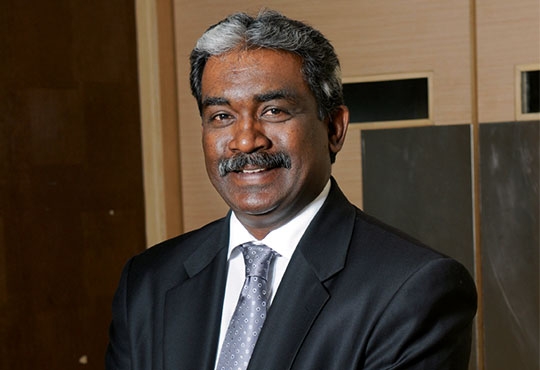
CIOTechOutlook >> Magazine >> August - 2013 issue
From Model "Enabled" to "Based"
By
 Entelos is a silico modeling and simulation software and services company delivering advanced predictive technologies. Founded in 1996, the company has raised funding from Clearlake Capital Partners (Clearlake) and Michaelson Capital Partners (Michaelson).
Entelos is a silico modeling and simulation software and services company delivering advanced predictive technologies. Founded in 1996, the company has raised funding from Clearlake Capital Partners (Clearlake) and Michaelson Capital Partners (Michaelson).For many years the pharmaceutical industry has been turning to modeling and simulation to support its business, however there is a paradigm shift. Looking for transformational change that delivers innovative new products to market at lower cost we are seeing a strategic and investment transition. Where we used to hear and support "model enabled drug development" we are now hearing and supporting "model based drug development (MBDD)". Companies are turning to modeling and simulation (M&S) groups to provide predictive insight to support predicting more and studying or experimenting less. As further evidence we are seeing that, while many pharmaceutical departments are contracting, the M&S groups are in fact remaining static or expanding, in some cases by 20 percent per year.
The transition to MBDD is being enabled by technology, tools and expertise. Computational power and cloud computing is making it easier and more cost effective to create, manage and run simulations that were previously too difficult or costly to execute. Meanwhile, market maturity and accommodation of mechanistic modeling techniques by the regulatory bodies such as the FDA has resulted in the development of centers of excellence throughout all pharmaceutical companies. This has lead to a large pool of highly experienced staff with well established and validated techniques for mechanistic modeling.
Evolution to Virtual Patients and Patient Populations
Evolving with the M&S maturity has been the volume of scientific information, innovation and model maturity. This evolution has meant that models are becoming more complete, more robust and more representative of life. For example, a recent focus for M&S centers of excellence has been around physiological modeling and systems biology. Companies are bringing together all the known qualitative and quantitative physiological information that influences disease expression and/or physiological outcome, and incorporating this information into vast numbers of simulated virtual patients and patient populations for interrogation.
When I start to look at where and how physiological models are being applied today it is truly remarkable to observe the diversity and the value of those applications where previously physical testing would have been too invasive, complex, costly or unethical. Models have been used for instance to:
• Identify novel targets for drugs
• Predict drug efficacy before human testing
• Predict drug safety
• Improved human stamina
• Model optimal nutritional formula
•Deliver personalized patient analytics to influence life style changes for reduced cardiovascular risk
In the process I have seen virtual humans, babies, mice, monkeys and dogs, and all phenotypic variations of those subjects.
The physiological modeling approach enables companies to test ideas in early discovery many years ahead of human studies. Critical decisions identifying risk or success can be achieved in days or weeks through virtual simulations versus costly and time consuming physical human study and experimentation that may take years. Furthermore the role of complete physiological disease models supports critical decisions throughout the R&D life cycle making physiological modeling a strategic investment for any therapeutic focus, critical decisions such as:
• What drug target to go after
• How will animal to human study data translate
• What are the biomarkers that identify efficacy
• Responders and non-responders
• What is the ideal target population for a new therapy
• How does this therapy compare to other therapies on the market.
CXO Insights
The Indian Pharmaceutical Industry - At a...
By Rajaram Sankaran, Director- Strategy & Business Development, Established Pharmaceuticals - Abbott, India Region
The Use of Technology in the Field of Clinical...
By Dr. Saleem Mohammed, CEO & Co-Founder, XCODE Life Sciences
Enterprise Storage: Turning Data into Intelligence




